Keywords: Hope
There are more than 200 results, only the first 200 are displayed here.
-
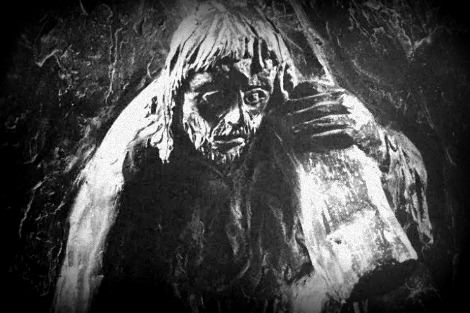
RELIGION
- Andrew Hamilton
- 24 March 2016
24 Comments
To many the challenge to endurance comes from a public world in which small gains are overtaken by huge losses. Why bother about people who seek protection from persecution or about our natural environment when the small initiatives we take are overrun by a flood tide of brutality and cynicism? What hope of building harmony in society when the Paris bombings are followed by those of Brussels? This challenge is universal, so the Christian celebration of Easter is of wider interest.
READ MORE 
-

ARTS AND CULTURE
- Peta Edmonds
- 08 March 2016
7 Comments
I've run out of dope. This is my last ever toke of synthetic pot, I hope. There's synthetic people, but my heart drops like a coin into a homeless man's hat. The eternal night isn't very maternal. Of all those people sleeping on a concrete mattress under a black sky doona ... The homeless have faces like empty spaces. No solution to their heads in the pollution, and their feet in the gutter. The poor gather on the banks of the flowing street. The rain hits the roof in pain.
READ MORE 
-

RELIGION
- Frank Brennan
- 07 March 2016
'On his last two visits to Latin America, Pope Francis has focused on past and present relationships between indigenous peoples and their colonisers. This Jubilee Year of Mercy perhaps it could be a blessed moment for Aboriginal Australians and descendants of their colonisers to walk together through the Door of Mercy at the St Francis Xavier Cathedral, calling to mind the sins and endeavours of the past, the achievements and commitments of the present, and the hopes and aspirations of the future.' Fr Frank Brennan SJ, Lenten Talk, Norwood Parish, 3 March 2016
READ MORE
-

AUSTRALIA
- Frank O'Shea
- 04 March 2016
2 Comments
At present, there is an argument between the two sides of politics about negative gearing. According to one side, changing the rules would reduce the cost of housing - and this is their strongest argument against such a change. A member of Gen X or Gen Y - someone in their 20s or 30s, not long out of education and in a first or second job, saving in the hope of one day being able to afford a home of their own - might not read it the same way. No wonder they are looking for a Messiah.
READ MORE 
-
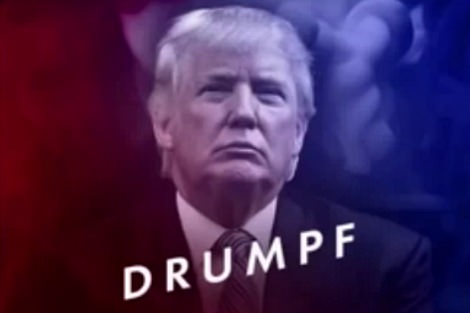
INTERNATIONAL
- Jim McDermott
- 04 March 2016
5 Comments
On Sunday Drumpf demurred when asked how he felt about former Ku Klux Klan grand wizard David Duke voicing his support for a Drumpf presidency. And yet he still swept the polls in the American Super Tuesday primaries, racking up wins in eight of 11 states. Under Barack Obama the US has had eight years of largely responsible, idealistic executive leadership. Yet rather than shepherding in a new hope-filled era, we find ourselves standing before a chasm of largely uncontrolled id.
READ MORE 
-
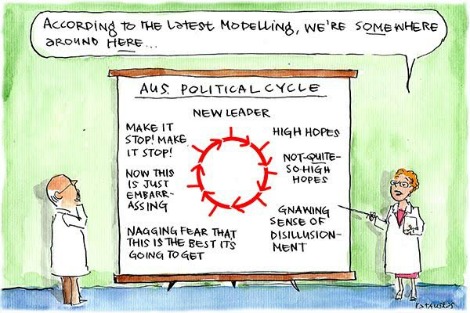
CARTOON
- Fiona Katauskas
- 24 February 2016
4 Comments
This week's offering from Eureka Street's award winning political cartoonist.
READ MORE 
-
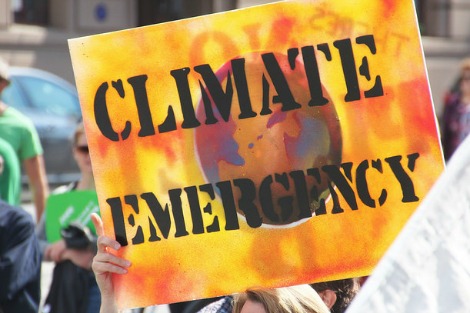
ENVIRONMENT
- Lyn Bender
- 09 February 2016
11 Comments
News about climate change can be depressing. But it was downright shocking to learn that budget cuts to CSIRO have led to the decimation of the agency's climate science. Australia is one of the worst global emitters, yet Australian citizens have outsourced responsibility for climate protection, as they have for refugees. The ease of bipartisan agreement on such crucial dilemmas confirms the point. A dormant electorate creates a negligent, sleeping, self-satisfied and corrupt government.
READ MORE 
-
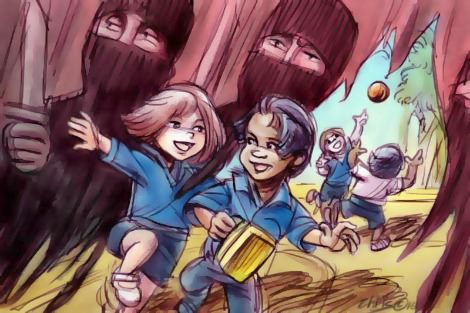
EDUCATION
- Paul Mitchell
- 20 January 2016
4 Comments
Last year, I was my son's main school-day carer. It was a year of which the second half was dominated by acts of terrorism around the world. For the first time I properly registered the fact that there were people on the planet who, given the opportunity, would kill the preppie and me because we didn't want the kind of world they wanted. I started to feel a presence looming over us. It wasn't a pleasant reality with which to engage. Nor, I soon realised, was it any way to live.
READ MORE 
-

ENVIRONMENT
- Paul Fyfe
- 11 December 2015
2 Comments
Twenty years ago I was hopeful that countries would take strong and sensible action to address climate change, just as we had in 1987 when we faced the major depletion of the ozone layer. The following years slowly erased this hope. The Church did not do enough to stem disappointment, or to affirm that 'stewardship' alone was not going to provide sufficient grounds for the needed changes. By 2010 I was resigned to devastation. But Pope Francis has provided me with a ray of hope.
READ MORE 
-

RELIGION
- Frank Brennan
- 04 December 2015
1 Comment
'Tonight, gathered here in the Southern Cross Club in the national capital, gathered as Eureka's children. We affirm that there is room for everyone under the Southern Cross. I hope you will return to Canberra carrying the Southern Cross flag when we proclaim the Australia Republic on 1 January 2020 which will be two elections after Australia last had a monarchist leader of a major political party. Tony Abbott is the last of his type. Whether the prime minister honoured to witness the proclamation is Malcolm Turnbull, Bill Shorten or another matters not.' Annual Dinner for Eureka's Children, Southern Cross Club, Canberra, 3 December 2015.
READ MORE
-
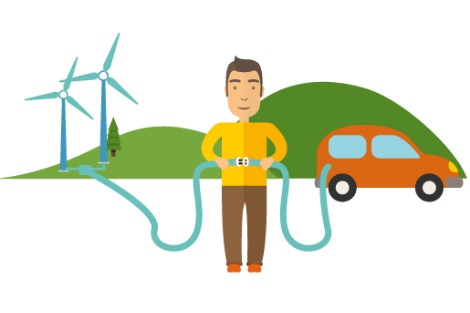
ENVIRONMENT
- Fatima Measham
- 11 November 2015
6 Comments
The UN Climate Change Conference in Paris is set to become the last opportunity for meaningful global action. The signs so far bear optimism, as the impetus for a binding international agreement to tackle the severity and effects of climate change has taken a turn. In order to better understand why, and appreciate the difference that a few years can make, it is worth revisiting why Copenhagen was such a disaster. The most meaningful difference between then and now involves leaders.
READ MORE 
-
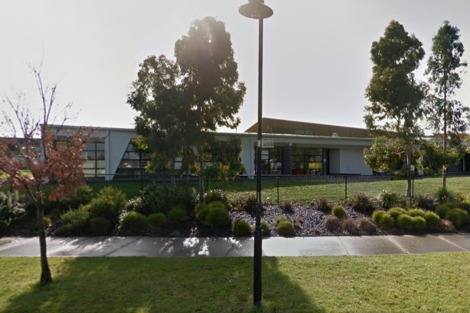
AUSTRALIA
- Justin Glyn
- 30 October 2015
11 Comments
Muharram is above all a month of mourning for Shi'a. One of the ways in which the month may be mourned is by avoiding joyful music. For the pupils of Cranbourne Carlisle Primary School, singing of the national anthem was therefore recognised as a potential problem, not because of any disrespect but for precisely the opposite reason. It was respected as a song of hope and gladness, a delight in a common national identity. It was on these very grounds that the children did not want to sing it.
READ MORE 